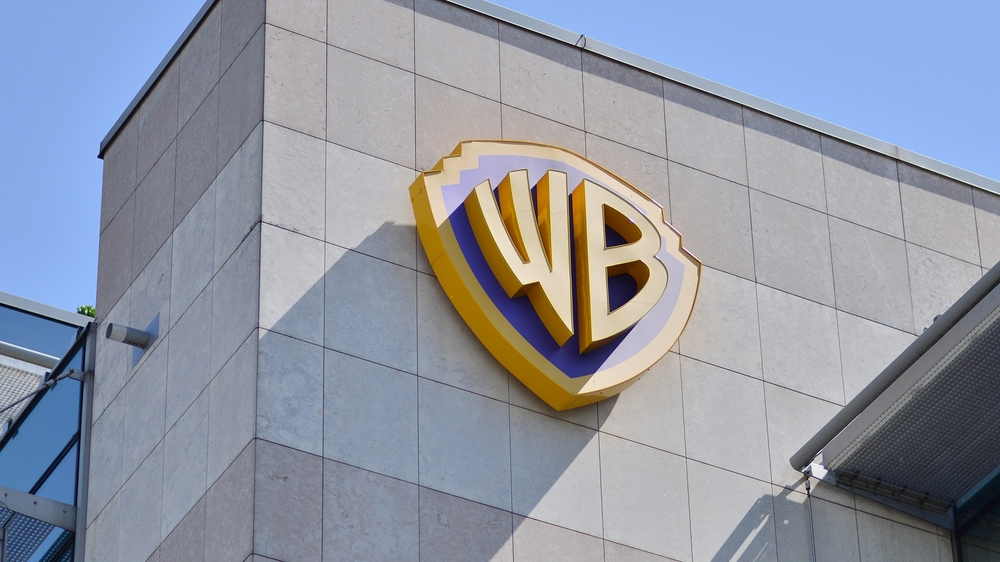Warner Bros Discovery’s (WBD) top management is steering the company away from a potential break-up, a move designed to tackle the severe drop in its stock price since its inception in 2022. CEO David Zaslav and CFO Gunnar Wiedenfels have been reviewing various options to halt the stock’s decline, which has plummeted nearly 70% since the merger that formed WBD.
Insiders reveal that while a break-up was initially appealing, the management concluded that separating the company’s television channels from its streaming and studio businesses posed significant challenges. “On paper, a split seemed logical, but the operational complexities, particularly in negotiating sports rights and deciding content placement, make it a daunting task,” said an informed source.
Breaking up the Hollywood powerhouse could ignite legal disputes with debt investors and complicate content distribution across platforms, caution those close to the discussions. A company spokesperson refrained from commenting on the matter.
Instead of a drastic split, Zaslav and Wiedenfels are exploring the sale of smaller assets. These include potentially offloading the Polish broadcaster TVN or a stake in Warner’s video game division, known for its Harry Potter games. This strategy is aimed at reassuring investors of the company’s valuation, which management believes should be around $60 billion or $25 per share, a stark contrast to the $7.88 closing price on Monday.
The formation of WBD in April 2022, a merger between Discovery and WarnerMedia, was meant to enhance competitiveness against streaming giants like Netflix and Disney. However, convincing Wall Street of its potential has been an uphill battle, with its valuation slashed and management pressured into action. The company is slated to announce its quarterly earnings on Wednesday.
In response to these pressures, WBD has undertaken cost-cutting measures, including layoffs and asset sales like All3Media, the British production house behind “Fleabag”. CNN, WBD’s news division, recently laid off around 100 employees as part of its digital restructuring. Yet, selling CNN faces high hurdles due to its strategic value and the tax implications involved.
“Zaslav views CNN as a critical and reputational asset, integral to our affiliate relations,” an insider stated, referring to the fees cable operators pay to networks. They added that any offer for CNN would have to be exceptionally compelling to justify a sale.
Overall, those within the company assert that WBD’s true value should be much higher. However, the current market conditions are challenging, and success hinges on numerous factors aligning favorably.
For the full story, read more here.


